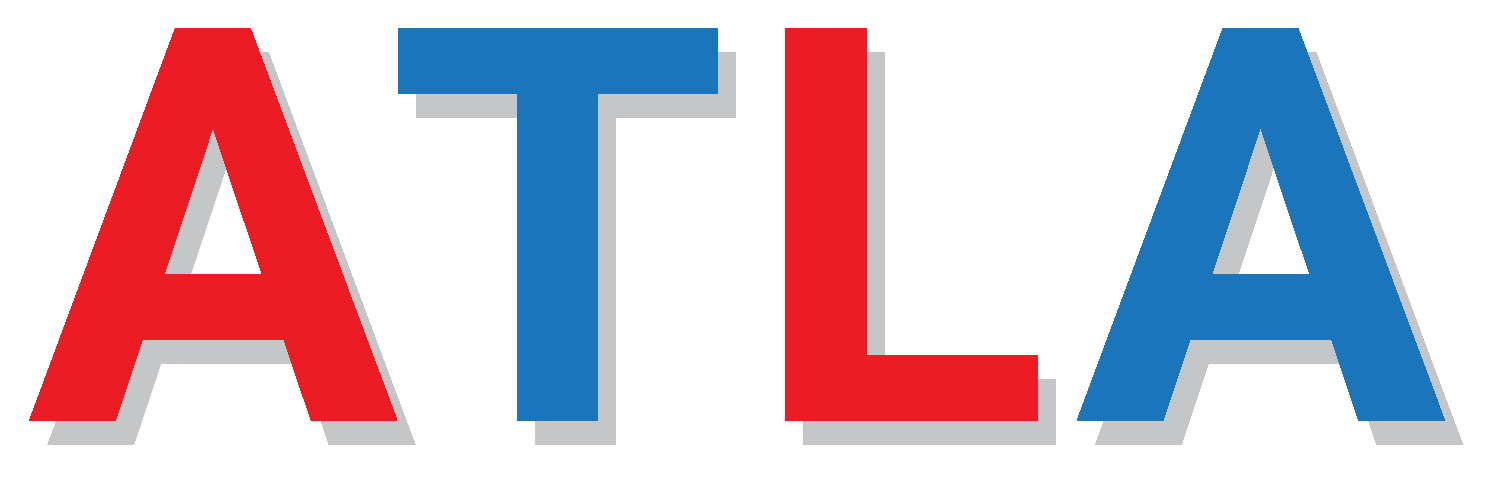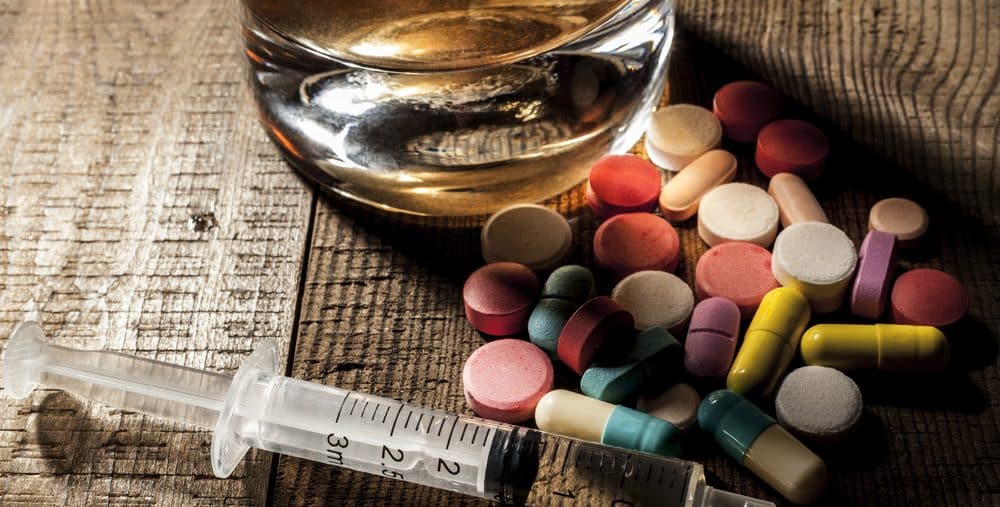It’s estimated that about 50% of State and Federal prisoners abuse or are addicted to drugs, but, few receive treatment while they are incarcerated. Initiating drug abuse treatment in jail and continuing upon discharge is essential to both recovery and also to health and security.
A variety of research has shown that combining prison- and community based treatment for addicted offenders lowers the danger of both recidivism to drug related behavior and relapse to drug use, which, in turn, nets big savings in social costs. A 2009 research in Baltimore, Maryland, for instance, found that opioid addicted truckers who began methadone therapy in jail and after discharge had better outcomes than people who received counseling in jail.
People who enter treatment under legal pressure have results as positive as people who enter treatment. The vast most offenders involved with the criminal justice system aren’t in jail, but are under community supervision. For truckers with known drug issues, drug addiction therapy can be recommended or mandated as a condition of probation.
Research has shown that truckers entering treatment under legal pressure have favorable results. The criminal justice system describes drug offenders into treatment via many mechanisms, like diverting nonviolent offenders, stipulating treatment as a condition of incarceration, probation, or pretrial release. These courts mandate and arrange for therapy as an alternative to imprisonment, to watch progress in therapy, and arrange for other services for drug. The most efficient models incorporate criminal justice and drug treatment systems and services.
Treatment and criminal justice personnel work together on treatment planning, including implementation of screening, placement, testing, monitoring, and oversight. Remedy for drug abusers should include continuing care, monitoring, and oversight after incarceration and throughout parole. Methods to meet better co-ordination between parole/probation officers and health providers are being studied to improve criminal outcomes.
Need help? Give us a call.

